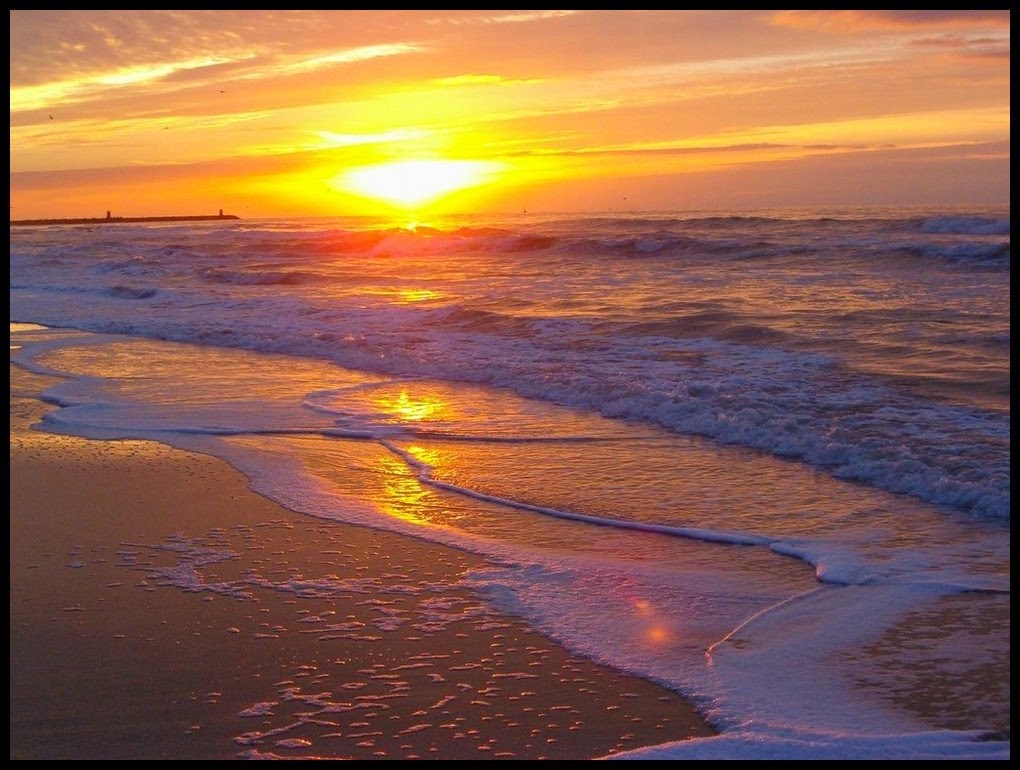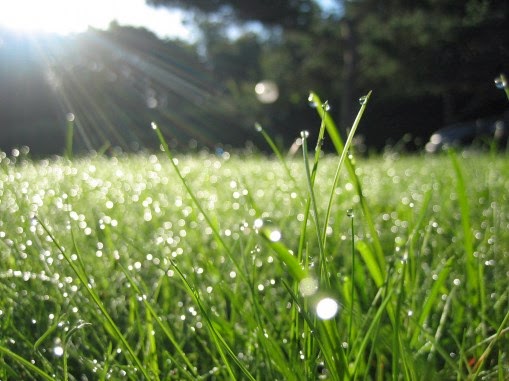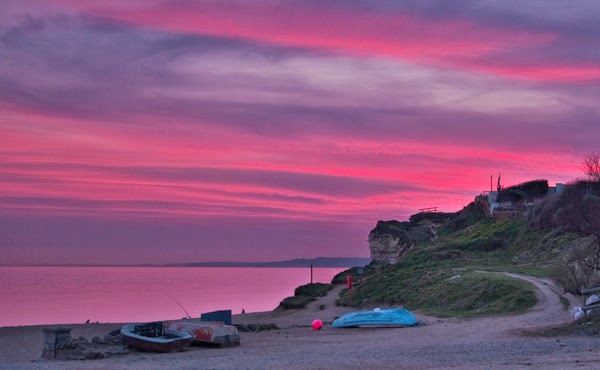Q. Why are places near the sea cooler in summer and warmer in winter than places farther inland ?

A. Because of its high specific heat, it takes longer for water to get heated up or to get cooled. During summer days, the land near the sea gets heated up quickly, but the sea water remains cool and thus, cool breeze blowing from the sea reduces the heat in the adjoining land area. The reverse happens in winter. The land gets cooled quickly, but the sea water remains warm and thus the land gets warm breeze from the sea. However, the land farther inside does not have this advantage. This accounts for the difference in the climatic conditions.
Q. Why does grass gather more dew in the night than stones and bricks ?

A. Dew is easily formed on the objects which are good radiators, bad conductors and are in close contact with the surface of the Earth. Grass and leaves are better radiators of heat thaii stones and bricks. Hence, more dew is formed on grass and leaves. Moreover, grass and leaves give out water constantly which appears in the form of dew, because the air near them is saturated with water vapours.
Q. Why are mornings and evenings less warm than noon ?

A. In the mornings and evenings, the rays of the Sun falling on the Earth are slanting and their distance is more. The Earth gets heated up only slightly. At noon, the rays of the Sun falling on the Earth are nearly vertical and the distance is also less, with the result that
the earth get heated up considerably.hence it happens.


Enriching
Quite enriching and helpful kindly keep updating
Helpfully for preparation of competitive exam’s…